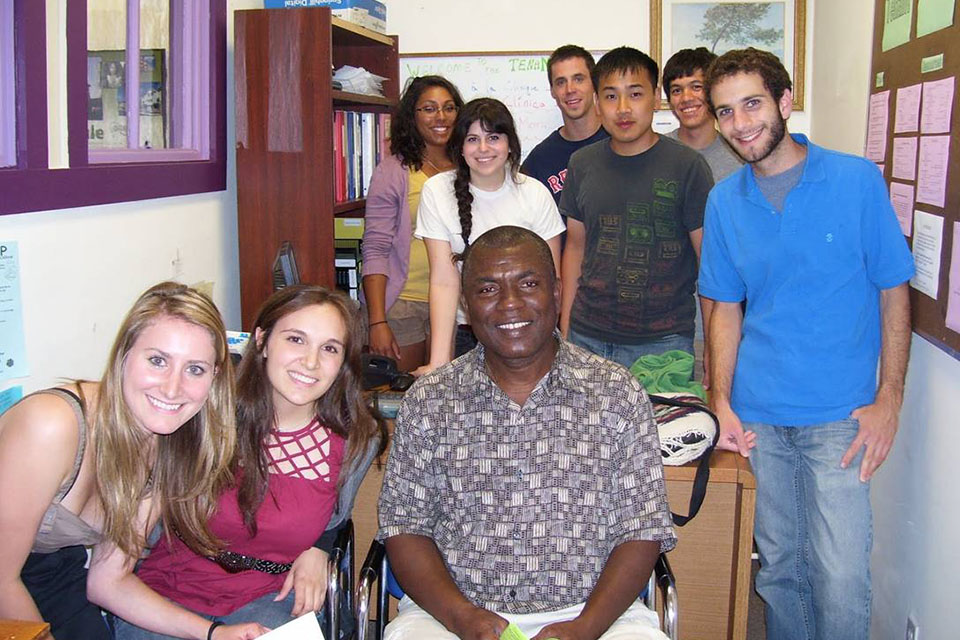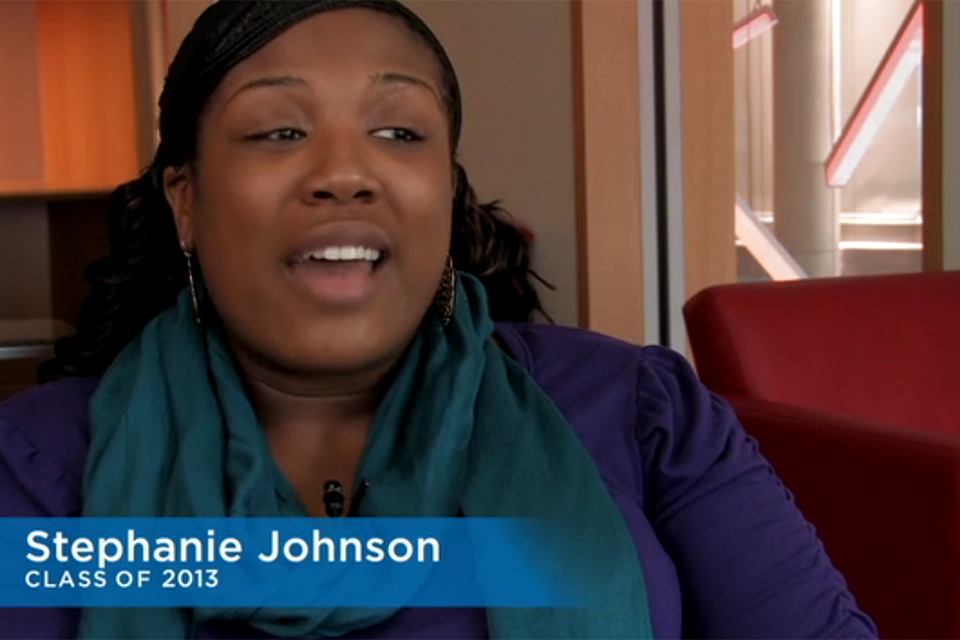WATCH Housing Advocacy Clinic

The Housing Advocacy Clinic at the Waltham Alliance for Teaching, Community Organizing and Housing is a free, drop-in service for low-income residents in the Waltham area.
The clinic is staffed by trained Brandeis students from professor Laura Goldin's community-engaged learning classes and the Martin Luther King Scholars and Friends Club.
The Advocacy Clinic assists clients with fair and safe housing issues, particularly in addressing lead, asbestos and other environmental-exposure risks present in low-income housing, and preventing evictions and homelessness. It often is the first critical point of contact for many in the richly diverse, highly immigrant local community, providing referrals to other needed services such as food and fuel assistance, medical care, domestic-abuse prevention and job training.
In addition, the clinic connects clients with WATCH's advocacy and organizing efforts for increased affordable housing; home-energy efficiency and first-time homebuyers; ESL classes; and more. The clinic also can provide clients with free vouchers for locally grown organic produce at the Waltham Fields Mobile Outreach Market.
Sustainability and Operation
The Advocacy Clinic began in January 2007 in Goldin's community-engaged, experiential-learning environmental classes as a unique partnership with WATCH in collaboration with the Boston College Legal Service LAB. In late 2006, WATCH had lost its sole part-time advocate and was without funds to hire another. The clinic was designed as a pre-law advocacy service to fill that gap, meeting a real community need by leveraging the energy and talents of motivated Brandeis students, while providing the students with a learning experience of profound and lasting value. The clinic has operated continuously since 2007, with more than 450 trained students assisting well over 2,200 individuals and families.
Each semester and summer, two or three experienced student leaders work with Goldin to supervise, organize, train and direct the clinic's day-to-day operations. These leaders are key to the Advocacy Clinic's successful and sustaining operation. Some have initiated significant improvements and additions, including creating the Emergency Housing Fund to provide small amounts of financial aid to clients.
Value to Community and Students
The Advocacy Clinic has become a bustling place in serving community needs. The densely-populated south side of Waltham, bordered both by Brandeis and WATCH, is home to more than half the city's population and a majority of the city's low-income immigrant families.
This clinic offers to its constituents a welcoming environment with caring student staff, eager to educate, assist and empower. For the students, it is an opportunity to become deeply engaged in the complex array of environmental and social-justice issues faced by the richly diverse community surrounding the campus, and learn essential applied skills in environmental, housing and discrimination law; legal research and writing; interviewing and counseling; advocacy and negotiation; and more.
